Research Capability Statement (Click here for PDF version)
Computer Science Department
College of Business and Information Science
Tuskegee University
OVERVIEW
Since the inception of the unit in 1984, the Department of Computer Science has grown in strength, now offering a curriculum for about 150 majors. The computer science program is accredited by the Accreditation Board for Engineering and Technology (ABET). The Department offers a curriculum which leads to the degree of Bachelor of Science in four majors: Computer Science, Data Science, Information Systems, and Information Technology. The objective of the curricula is to prepare students solidly in both hardware and software areas of Computer Science. This prepares students to work for industry, government, and for Graduate Studies. An MS program in Information Systems & Computer Security (MS-ISCS) with Cybersecurity option and Data Science option has been launched in Fall 2014. Currently, there are more than 23 quality students enrolled in the MS-ISCS program. Recently, we have launched BS program in Data Science, and Minor in Data Science in Fall 2024, and a Ph.D. program in Information Systems & Computer Security (PhD-ISCS) with Cybersecurity option and Data Science option in Fall 2025.
RESEARCH CAPABILITIES
Cybersecurity: The Department also hosts the Tuskegee University (TU) Center of Information Assurance Education (CIAE). The Tuskegee University Center of Information Assurance Education has been designated as a National Center of Academic Excellence in Cyber Defense (CAE-CD) by DHS and NSA. The Center of Information Assurance (CIAE) serves as an organizing body to offer resources and assistance for faculty, students, and community in conducting teaching, research, and other activities in information assurance. Information Assurance/Information Security, Mobile Security, Software & Network Security, Cybersecurity Management, Web Applications Security, Quantum Cryptography.
Artificial Intelligence and Robotics: General AI, Large Language Model, Robotics AI.
Quantum Computing: Quantum Algorithms & Software, Error Correction & Mitigation, Quantum Networking & Communication, Quantum Simulation, Quantum Machine Learning (QML).
Data Science: Biostatistics/Bioinformatics, Machine learning, Deep learning, Health data analytics, Biomedical image analysis, Text mining.
High Performance Computing: High Performance Computing with GPGPU Technology, Parallel/Distributed Systems.
RFID and Sensor: RFID Data Cleansing, Indoor space positioning and tracking Data management, Location-based Services (LBS), Spatial and Temporal Data Management.
Software Engineering: Tailoring and automating software process, Agile software development, Personal/MicroISV lightweight software process, Telecom Software Architecture.
Database: Information & Communications Technologies (ICT), Information Systems Management, Database Design
Computer Graphics and Mobile Applications: Mobile Graphics/Computing, Visualization.
PERFORMANCE (SELECTIVE FUNDED GRANTS)
The Computer Science Department receives research funding from federal agencies, including NSF, NIH, NASA, DoD, NSA, and private companies, including Microsoft, Raytheon, Xerox, Intel, P&G and Verizon to support faculty and students research in the state-of-art areas.
NSF funded research projects on Cybersecurity, AI, Data Science, Big Data Analysis, RFID Applications, and Drone Technology; NIH funded research project on Health Disparity; NASA funded project on Mixed Signal Processing; DoD funded project on Intelligence Community Critical Technologies; NSA funded projects on Machine Learning; and Private Industries funded projects on related research areas, such as Quantum Computing, Cybersecurity, AI, Data Science, Big Data Analysis.
FACILITIES
Computer Science Department has the Gigabyte GPU Server G293-S41. The GPU Server is a Xeon Scalable 2U Rack Server with 8x GPUs for speediest GPU communication. It supports various applications in AI, LLMs, AI Training, and AI Inference & HPC. It is equipped 8x Dual slot Gen5 GPU cards, the 4th Gen Intel® Xeon® Scalable Dual processors, with a LGA 4677 • 8-Channel RDIMM DDR5 per processor.
In addition, the department has recently acquired a high-performance AI server powered by 2× Intel® Xeon® Gold Processors with 512GB DDR5 memory, 1× NVIDIA H100 GPU, and 2× 1.92TB solid-state drives, running Ubuntu Linux Server Edition (64-bit). This server complements the G293-S41 by providing a flexible and scalable environment for advanced deep learning model development, large language model fine-tuning, and computationally intensive research tasks.
Computer Science Department also has an 8-compute node plus one master node cluster. The master node is with Dual Intel Xeon E5540 Quad Core 2.53GHz 8MB max RAM speed 1066MHz, 12GB, DDR3-1333 ECC (6 x 2GB) and the Compute Nodes 8 is with Dual Intel Xeon E5540 Quad Core 2.53GHz 8MB max RAM speed 1066MHz and 12GB DDR3-1333 REG, ECC, which provide high performance computing power to the university. A linux server is available for student programming exercises and projects. Students can access this server from off-campus locations to work on assignments. This linux server is a Lenovo ThinkStation D20 with 4G memory, 250G hard-drive and a high end nVidia Quadro FX4800 graphics card.


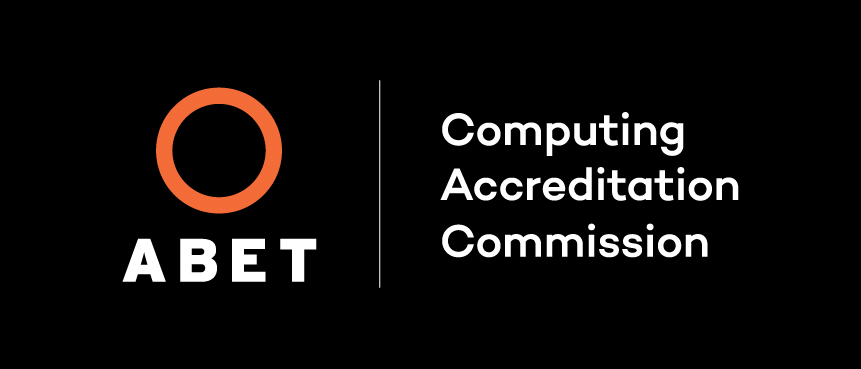




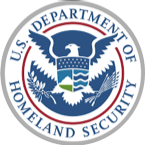
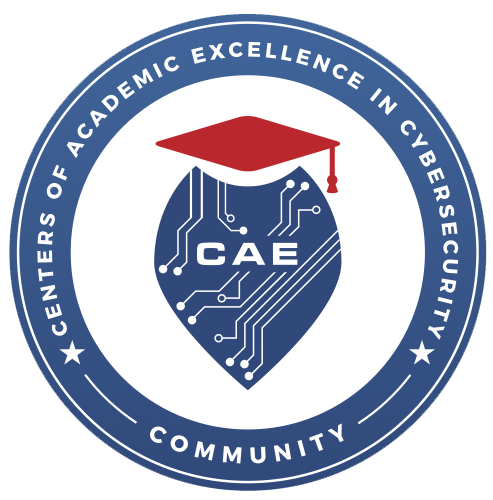
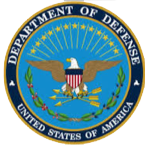
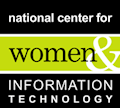
 Since the inception of the program in 1984, the Department of Computer Science (College of Business and Information Sciences) has grown in strength, now offering a curriculum for about 150 majors and 30 graduates.
Since the inception of the program in 1984, the Department of Computer Science (College of Business and Information Sciences) has grown in strength, now offering a curriculum for about 150 majors and 30 graduates.